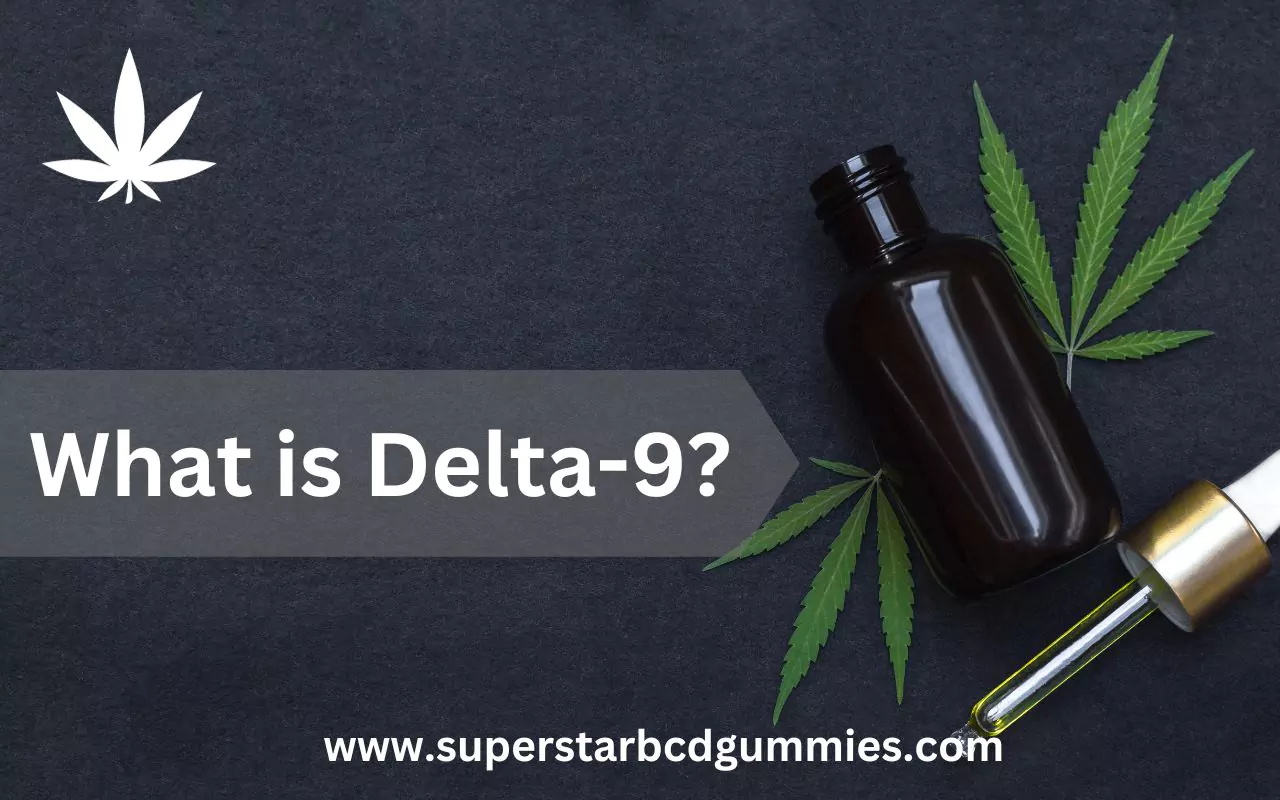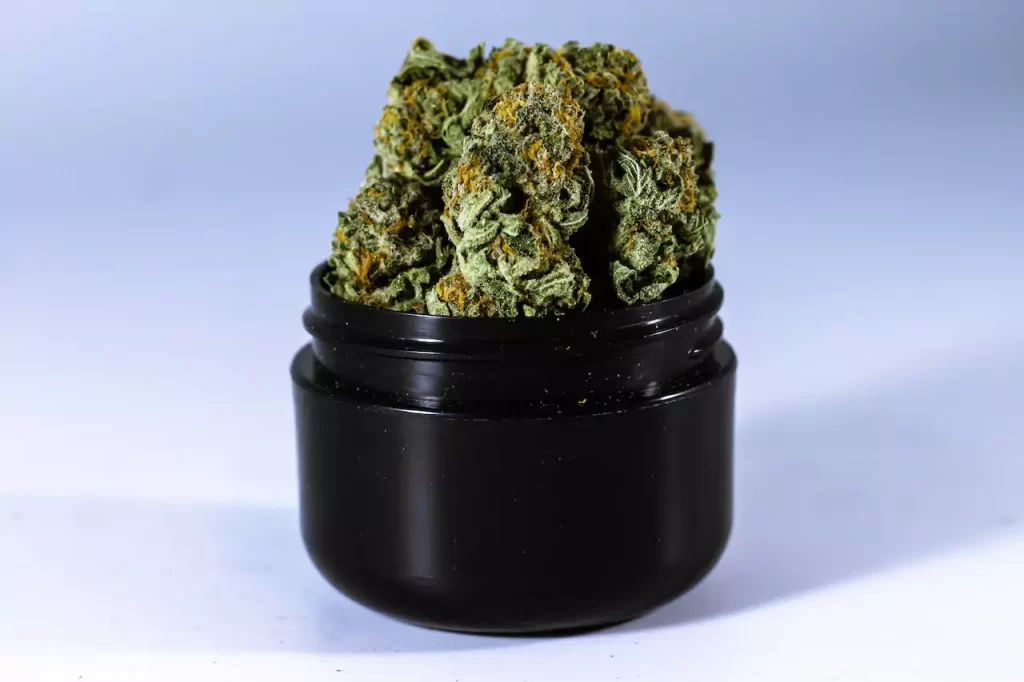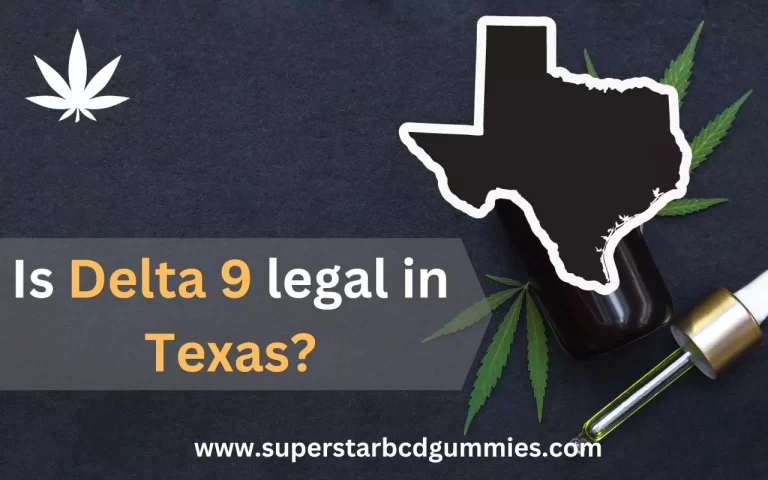What is Delta-9 Tetrahydrocannabinol?: Understanding the Cannabis Compound
Have you ever heard someone mention cannabis and wondered about its effects? Well, when people talk about the “high” or euphoria one feels from cannabis, they’re usually referring to the effects of Delta-9 tetrahydrocannabinol.
But, what is Delta-9? In simpler terms, Delta-9, often shortened to THC, is the star player in the cannabis plant. It’s the molecule behind the spotlight when we chat about medicinal uses, recreational experiences, and even legal debates surrounding cannabis.

Understanding Delta-9 THC
When we talk about the cannabis plant, one name often pops up: Delta-9 tetrahydrocannabinol. Most people know it simply as THC or Delta-9. This particular molecule is the main reason why cannabis has its renowned mind-altering effects. Its significance isn’t just limited to recreational users; it has been at the heart of worldwide debates on cannabis policies, therapeutic potentials, and user safety.
- A Glimpse into Its Chemistry and Working
While the cannabis plant houses a myriad of compounds called cannabinoids, Delta-9 THC holds a unique position due to its pronounced mind-changing properties. When consumed, it collaborates with our body’s endocannabinoid system. More specifically, it latches onto CB1 receptors mainly located in our brain, causing that famous sensation of bliss or the “buzz” that many associate with cannabis.
- The Many Faces of Delta-9 THC’s Effects
So, you’ve probably heard about the effects of cannabis, right? A lot of what people experience after consuming cannabis comes from Delta-9 THC. The intensity and nature of these effects can change depending on how much you take, your own body’s reaction, and how you choose to consume it. Here’s a quick run-down:
- Feeling Over the Moon: After consuming cannabis, many people talk about feeling super happy, giggling a lot, or even noticing things in their surroundings a bit more vividly.
- Chilling Out: A lot of folks turn to cannabis to take a breather, ease their worries, or even get a better night’s sleep.
- Losing Track of Time: Ever felt like the clock’s hands were moving a tad slower? That can sometimes happen with cannabis.
- Getting the Snack Attack: You might’ve heard of the “munchies.” It’s real! Many get a sudden craving for snacks.
- A Bit Forgetful: Some people notice they might forget little things when they’re under the influence.
- Feeling Uneasy: This isn’t all fun and games. Taking a lot can sometimes make someone feel super anxious or even a bit paranoid.
- Being Clumsy: Coordination can go for a toss, making things like driving a big no-no when you’re on this buzz.

What is Delta-9? How Delta-9 THC Can Be a Game-Changer in Medicine
Though many folks know Delta-9 THC for the “high” it gives, there’s a whole other side to this compound: its potential healing powers. Here’s a look at how it’s been helping in the medical world:
- Soothing Stomach Troubles: People undergoing chemotherapy can have a tough time with nausea and vomiting. Good news? Delta-9 THC can be their ally in easing these symptoms.
- Hungry for Health: For individuals battling conditions like HIV/AIDS, where appetite often wanes, this compound can bring back those hunger pangs, helping them nourish their bodies.
- Pain, Be Gone: Chronic pain can be downright debilitating. Many have found solace in Delta-9 THC’s ability to dampen that pain and offer some much-needed relief.
- Eyes Feel Lighter: For those with glaucoma, the pressure inside their eyes can be a serious issue. Delta-9 THC steps in by reducing this intraocular pressure.
- A Hand to the Mind: There’s promising evidence that it can help in managing symptoms tied to certain neurological and mental health challenges.
Navigating the Legal Maze of Delta-9 THC
Let’s talk law and Delta-9 THC. Its legal status is kind of like a patchwork quilt – different everywhere you look:
- United States: On a national level, pot’s still a no-go, sitting firmly as a Schedule I substance. But here’s where it gets tricky: many states have given it the green light, either for medicinal purposes, just for fun, or both. But with rules always on the move, you’d best keep an eye on your local guidelines before lighting up.
- Canada: Oh Canada, leading the way! In 2018, they said a big “yes” to recreational cannabis, Delta-9 THC included.
- European Union: Europe’s a mixed bag. Depending on where you are, cannabis might be used for health reasons, you might get a slap on the wrist for having some, or it could be a straight-up “not allowed.”
- Elsewhere on the Globe: When it comes to other countries, the rules are all over the place. Some places have a strict “keep it away” policy, while others are more open, allowing for medical use or even just decriminalizing possession.
The takeaway? If you’re thinking about partaking, always double-check the local laws to stay on the right side of the fence.
The Safety Scoop on Delta-9 THC
For many, Delta-9 THC is all about good vibes and relaxation. But like anything, it’s not without its caveats. Here’s what you should know about playing it safe:
Getting Hooked:
Consistently reaching for that joint or edible? Over time, this could lead to what’s called cannabis use disorder. It’s when you start craving it more, needing more to get the same effect, and feeling off if you don’t have it.
Your Mind Matters:
Not to sound like a downer, but using a lot or for a long time can mess with your mental well-being. Some folks might feel super anxious, a bit blue, or even experience psychosis, especially if they’re already prone to these conditions.
Breathe Easy, Or Maybe Not:
If you’re lighting up, remember that smoking anything isn’t great for your lungs. The issue here is more about the smoke than the Delta-9 THC.
Steering Clear on the Road:
We can’t stress this enough – if you’re feeling the effects, don’t get behind the wheel. Your reflexes and coordination can take a hit, making driving risky for you and others.
FAQs
Conclusion
Navigating the world of Delta-9 THC is like traversing a dynamic landscape. From its intriguing psychoactive effects to its promising medicinal potential, this compound captures the essence of the ongoing cannabis dialogue. However, with its benefits come certain cautions.
As the legal tapestry evolves and our understanding deepens, one thing remains clear: awareness, education, and responsible usage are pivotal. Whether you approach Delta-9 THC for health, recreation, or research, approaching it with knowledge is the key to unlocking its vast potential responsibly.






